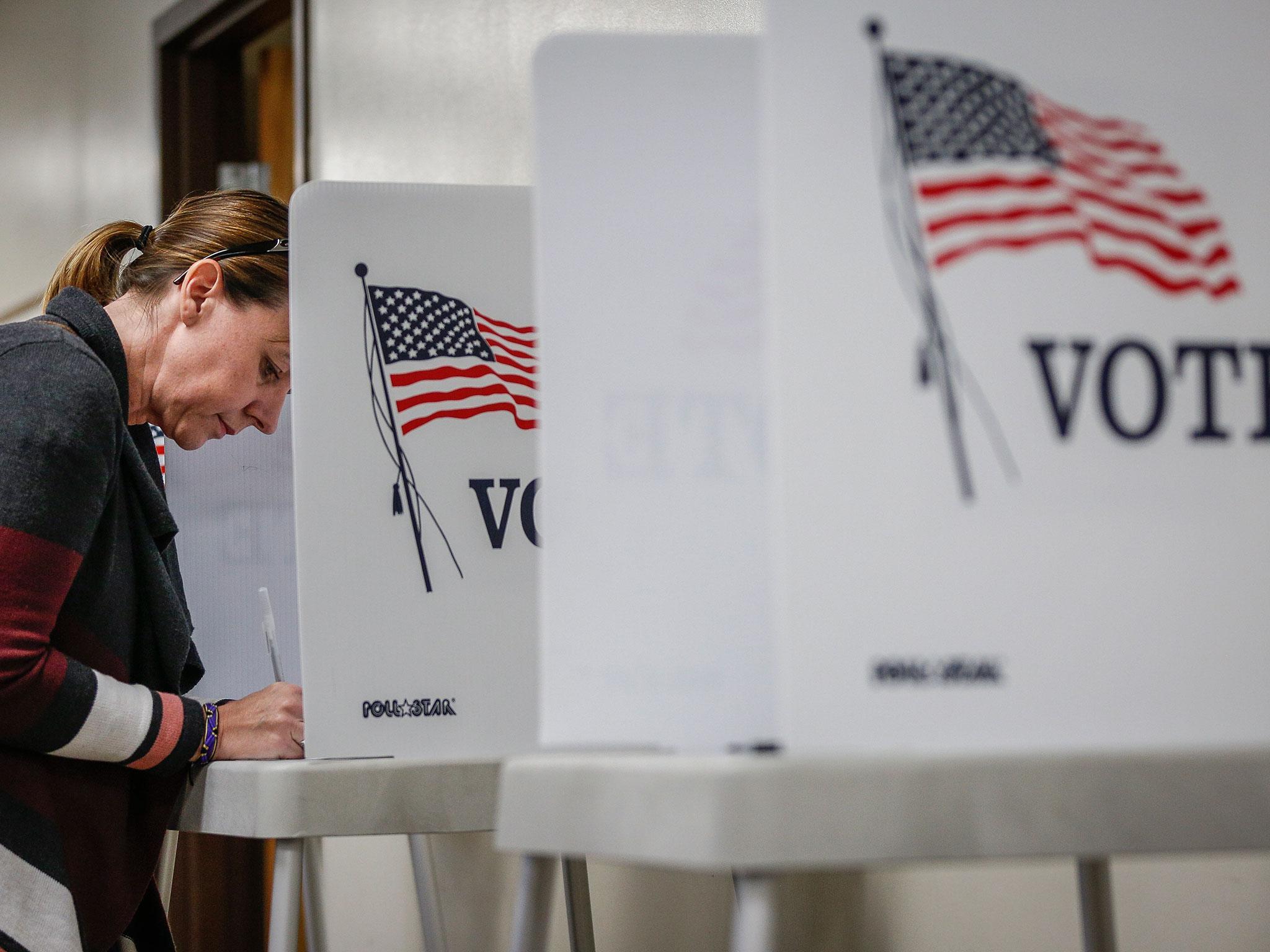The US states trying to abolish the Electoral College system that handed Donald Trump the presidency
The current way of voting has been criticised as outdated and unfair by some

Your support helps us to tell the story
From reproductive rights to climate change to Big Tech, The Independent is on the ground when the story is developing. Whether it's investigating the financials of Elon Musk's pro-Trump PAC or producing our latest documentary, 'The A Word', which shines a light on the American women fighting for reproductive rights, we know how important it is to parse out the facts from the messaging.
At such a critical moment in US history, we need reporters on the ground. Your donation allows us to keep sending journalists to speak to both sides of the story.
The Independent is trusted by Americans across the entire political spectrum. And unlike many other quality news outlets, we choose not to lock Americans out of our reporting and analysis with paywalls. We believe quality journalism should be available to everyone, paid for by those who can afford it.
Your support makes all the difference.Donald Trump's victory through the Electoral College has led to renewed scrutiny of the system and calls for the popular vote to be adopted.
Hillary Clinton won the popular vote - despite losing via Electoral College votes – and many see the popular vote as a potentially fairer system.
The Electoral College system sees people vote for electors who in turn vote for the president - rather than a direct popular vote.
The system is enshrined in the US Constitution, making it very difficult to change.
But since November’s election, The National Popular Vote compact has been gaining more attention.
This pact is a legal agreement among some states that they will run elections according to the popular vote, rather than the traditional Electoral College system. It would not contravene the Constitution.
It has already been adopted into law by ten states and the District of Colombia. California, Hawaii, Illinois, Maryland, Massachusetts, New Jersey, New York, Rhode Island, Vermont and Washington states have all signed the legislation.
The states collectively hold 165 Electoral College votes and are traditionally Democrat.
However, the National Popular Vote compact needs at least 270 Electoral College votes – the same number which guarantees an presidential win – to potentially come into effect.
Advocates of the compact claim it would make people in state with a smaller number of Electoral College votes - such as Hawaii, which only has four votes - feel like their ballot is more worthwhile. This ‘winner-take-all’ system means an individual’s vote makes no difference once the number of Electoral College votes has been secured in their state.
This means that the concerns of some voters can easily be ignored if their state is regarded as ‘safe’ by a political candidate. It also leads to disproportionate attention being placed on a small number of states during campaigning.
However, political observers say the chances of the popular vote pact being adopted nationally are slim, as it would need some support from traditional Republican states. But the Republican Party has often benefited from the Electoral College system.
"I think very few people understand the Electoral College and how it works, that's pretty much always been the case," said Colin Moore, director of the Public Policy Center at the University of Hawaii. " [Howver] I think it's pretty unlikely [that the policy will be adopted]. For one, the Republican Party has benefited from the Electoral College," he said.
Join our commenting forum
Join thought-provoking conversations, follow other Independent readers and see their replies
Comments